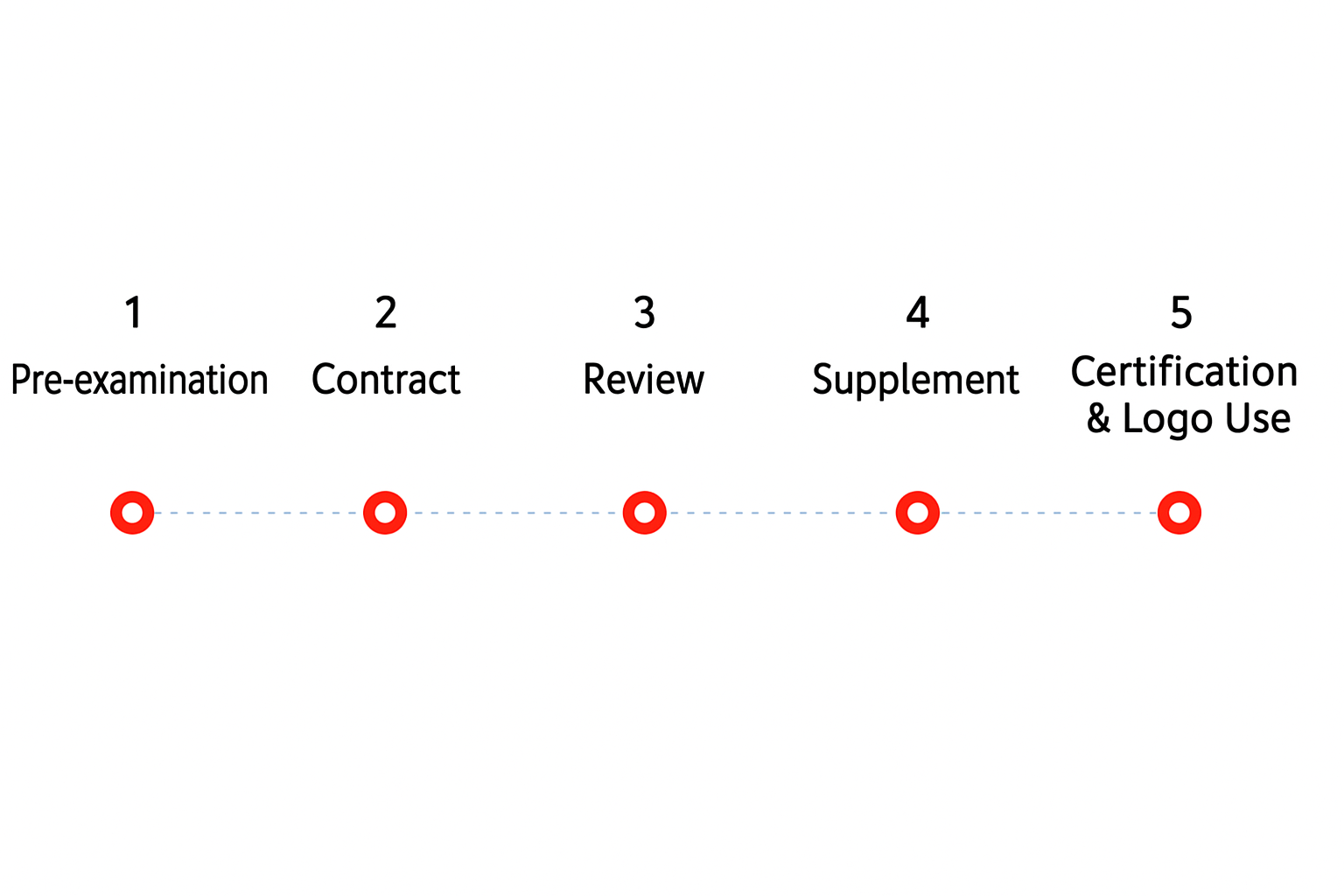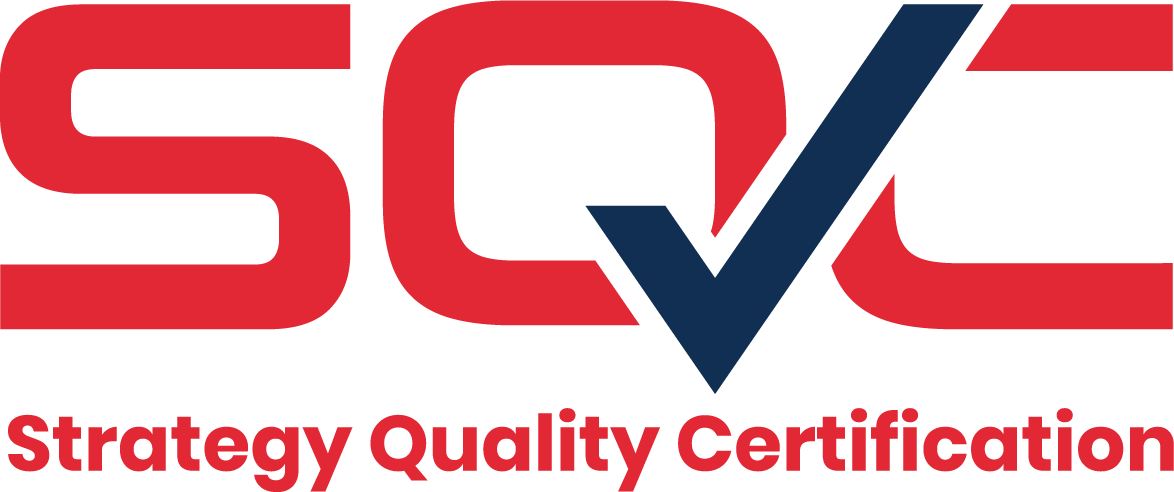Vegan Certification
Vegan certification strictly evaluates whether animal-derived ingredients are excluded throughout the entire manufacturing and production process, whether animal testing is not conducted, whether animal DNA is not included, and whether there is no cross-contamination with non-vegan raw materials.
Through the vegan certification mark, consumers can choose vegan products more easily and safely. Producers who manufacture vegan products, as well as sellers who distribute and operate facilities for such products, can gain credibility for their vegan offerings, promote them with greater confidence, and ultimately increase their profits.
Vegan. Certification Principles
1) Prohibition of animals and animal-derived ingredients
From the selection of raw materials to the entire process of product manufacturing and production, the use of any animal-based ingredients, products, by-products, residues, or derivatives is strictly prohibited.
2) Prohibition of animal testing
No experiments involving direct or indirect use of animals are permitted in the manufacturing or development of products. The use of raw materials subjected to animal testing or outsourcing of such tests is also prohibited.
3) Cross-contamination 방지
If the facility does not exclusively produce vegan products, cross-contamination between vegan and non-vegan production lines must be strictly prevented. When production facilities are shared, there must be thorough cleaning and hygiene policies in place.
4) Genetically Modified Organisms (GMOs)
The development and production stages of genetically modified organisms (GMOs) must not involve animal genes or animal-derived ingredients. (Plant-based ingredients are not subject to this restriction.)
Vegan. Types of Certification
1) Product
Food, beverages, cosmetics, textiles, clothing and fashion accessories, household products such as shampoos and detergents, and pharmaceuticals such as vitamins
2) Alcoholic Beverages
Wine, beer, makgeolli, fruit liquor, traditional liquor, and other alcoholic beverages
3) Restaurants and Manufacturing Facilities
Facilities producing vegan products or establishments such as restaurants, bakeries, and cafés (e.g., vegan wine bars, vegan pubs, vegan restaurants)
4) Food-related Distributors or Related Businesses
Restaurants, schools, hospitals, hotels, resorts, etc., offering vegan-certified menus or vegan cooking classes
Vegan. Certification process

Quick Inquiry
